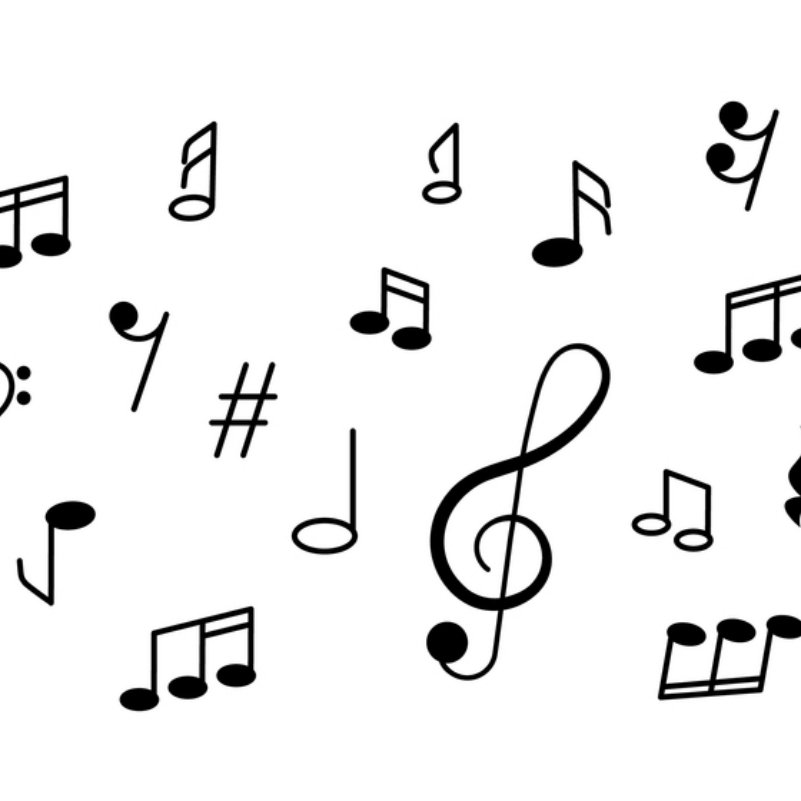Understanding AI in Music Composition:
AI in music composition involves utilizing algorithms and machine learning techniques to analyze existing musical data and generate new compositions. These systems learn patterns, styles, and structures from vast musical databases, enabling them to create original pieces or assist human composers in their creative process.
Tools for AI-Assisted Songwriting:
Several AI-powered tools are available to aid in song creation. Platforms like writeme.ai, IBM Watson Beat, and AIVA utilize machine-learning algorithms to generate melodies, harmonies, and rhythms based on user inputs. AI lyric generators often allow customization, enabling musicians to specify genres, moods, or even specific instruments for the generated compositions.
Workflow for Creating Songs with AI:
- Ideation: Begin with a clear vision or idea for your song. Whether it's a melody, lyrics, or a particular mood, having a starting point helps direct the AI-generated content.
- AI Assistance: Use AI tools to generate musical elements such as melodies, harmonies, or rhythms based on your initial idea. Experiment with different parameters and styles offered by the tools.
- Collaboration: AI should be viewed as a collaborator rather than a replacement for human creativity. Blend AI-generated elements with your own musical expertise to refine and shape the composition.
- Iteration and Refinement: Iterate on the composition, making adjustments, additions, or subtractions as needed. This iterative process fine-tunes the song to align with your artistic vision.
While AI offers immense potential in music creation, there are several considerations and challenges to be mindful of:
- Originality: AI-generated content might reflect patterns from the training data, potentially leading to compositions resembling existing works. Ensuring originality remains a crucial aspect.
- Human Touch: Infusing emotion, storytelling, and personal expression into music is a unique human capability. Balancing AI-generated elements with human creativity is essential for authenticity.
- Copyright and Attribution: Understand the legal implications surrounding AI-generated music. Some platforms might have specific guidelines regarding ownership and usage rights.
AI's role in music creation continues to evolve, influencing the industry and fostering creativity. It facilitates experimentation, offers new avenues for exploration, and democratizes music creation by providing accessible tools for aspiring musicians. However, the future integration of AI in music should emphasize the collaborative aspect between technology and human creativity.
Conclusion:
Artificial intelligence has revolutionized the landscape of music creation, offering powerful tools and avenues for musicians to explore. While AI assists in generating melodies, harmonies, and rhythms, it should be viewed as a collaborative partner rather than a replacement for human creativity. The integration of AI in songwriting presents exciting opportunities, yet it's crucial to preserve the human touch, ensuring authenticity and originality in compositions. As technology progresses, the synergy between AI and human creativity will continue to shape the future of music, opening new horizons for aspiring and established musicians alike.

